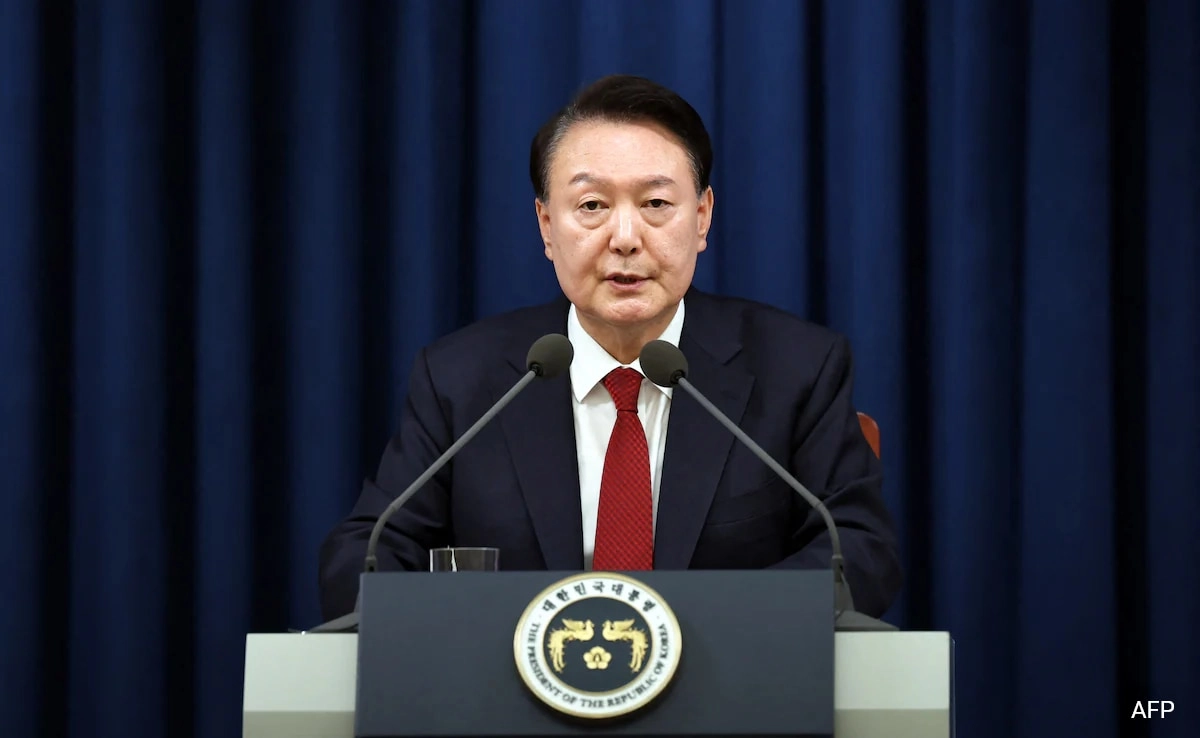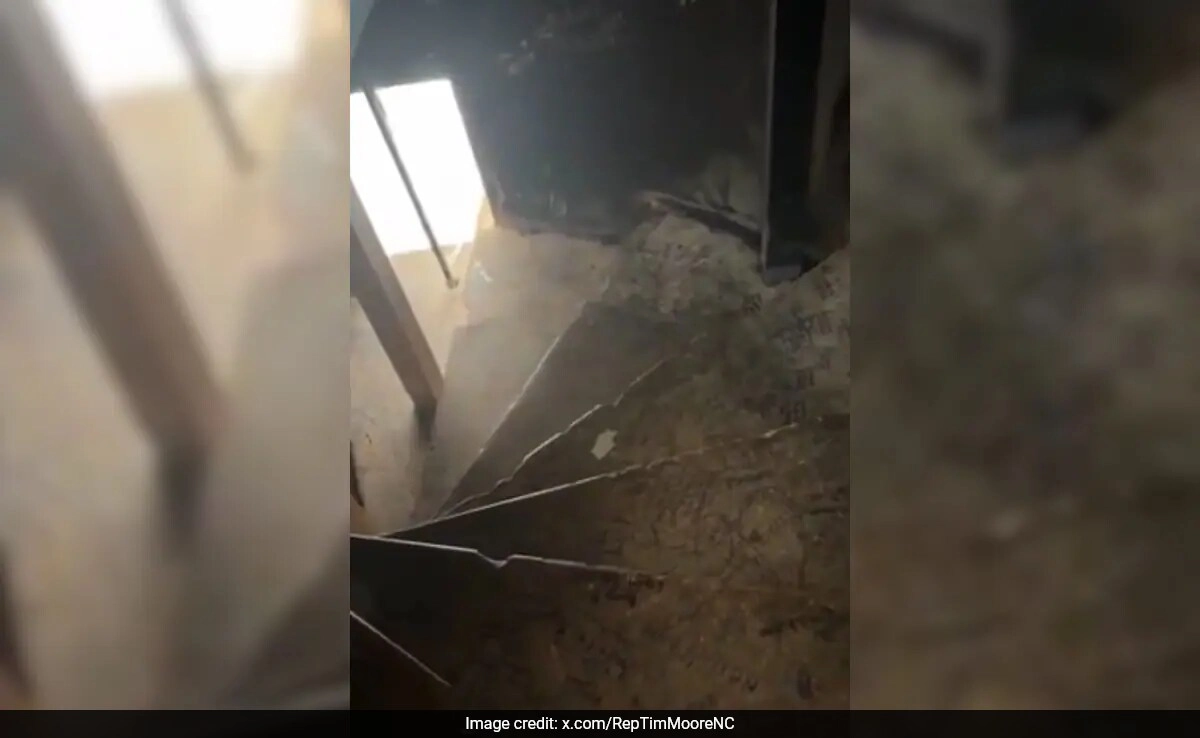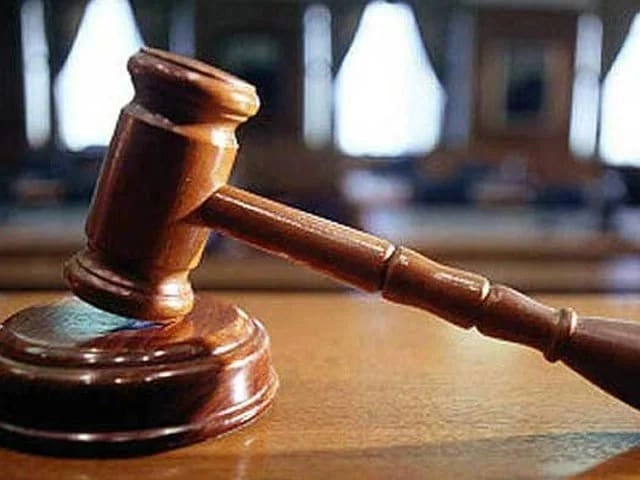South Korea’s President Yoon Suk-yeol recently found himself at the center of an unusual incident that captured public attention and sparked discussions across the nation. During a tense interrogation session related to a political scandal, Yoon reportedly refused to cooperate with investigators in a rather unconventional manner—by lying down in his underwear. This unexpected behavior raised eyebrows and led to widespread debate over the appropriateness of such an action, particularly in the context of his role as the leader of the country.
The interrogation was part of a broader investigation into allegations of corruption and mismanagement within the government. As political tensions rose and public scrutiny intensified, Yoon’s refusal to participate in the questioning process by adopting such a casual and defiant stance seemed to undermine the seriousness of the inquiry. Critics argued that his actions were disrespectful to the legal proceedings and reflected a troubling attitude towards accountability, especially from someone in a position of power. Others, however, viewed the incident as a form of protest against what they perceived as political persecution, adding a layer of complexity to the narrative surrounding the ongoing investigation.
This incident not only highlights the challenges faced by leaders in navigating the tumultuous waters of political scandals but also raises questions about the intersection of personal conduct and public duty. In an age where transparency and integrity are paramount, Yoon’s behavior may be seen as symptomatic of a broader issue within the political landscape of South Korea, where leaders are often caught in the crossfire of public expectations and the demands of governance. The implications of this event may resonate beyond the current investigation, influencing public perception of leadership and accountability in the country.
As the situation develops, it will be essential to monitor not only the legal outcomes of the investigation but also the public’s reaction to Yoon’s unconventional methods of resistance. The incident serves as a reminder of the delicate balance that leaders must maintain between their personal lives and their responsibilities to the nation. Whether seen as a bold stand against perceived injustice or a troubling disregard for the rule of law, Yoon’s actions will undoubtedly shape the discourse surrounding political accountability in South Korea for the foreseeable future.




